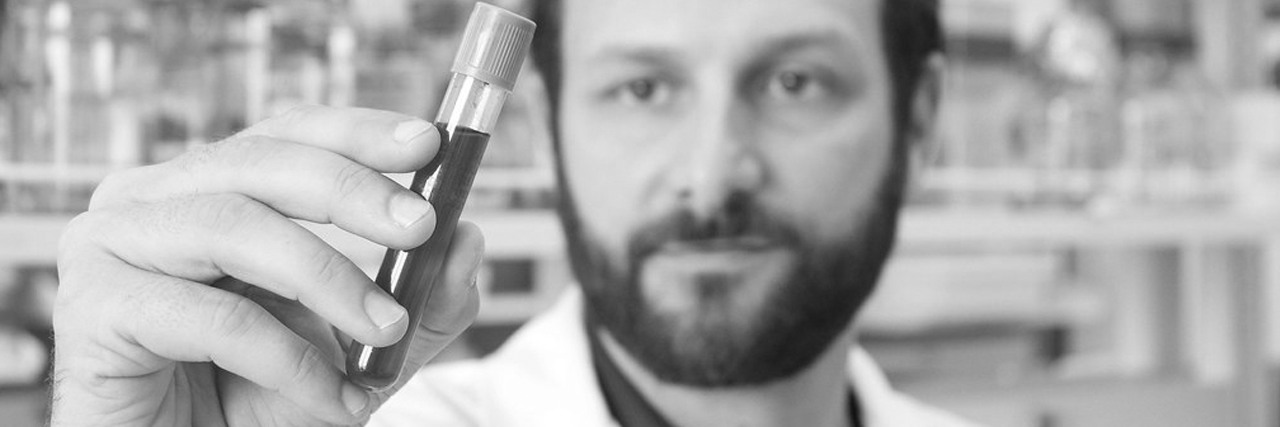

Paul Dyce
Associate Professor, Graduate Program Officer
Animal Sciences
(334) 844-1840
pwd0003@auburn.edu
Get In Touch
Address:
295 CASIC Building
Auburn Univ, AL 36849
Biography
EDUCATION
- Ph.D. Animal and Poultry Science, University of Guelph, Canada (2009)
- M.Sc. Animal and Poultry Science, University of Guelph, Canada (2004)
PROFESSIONAL SUMMARY
Dr. Paul Dyce is an associate professor in the Department of Animal Science. He is also a Mike and Leann Rowe Endowed Professor and serves as the Departmental Graduate Program Officer.
Dr. Dyce was born and raised in Arthur, Ontario Canada on his family’s cow-calf operation. He received a B.S. degree in Molecular Biology & Genetics from the University of Guelph (2002). He then completed M.S. (2004) and Ph.D. (2009) degrees from the Department of Animal & Poultry Science, at the University of Guelph. Dr. Dyce joined the faculty as an Assistant Professor in August 2015. His research focusses on identifying reproductive molecular biomarkers in female livestock and cellular communication during early embryonic development during IVF.
PROFESSIONAL EXPERIENCE
- 2021-present: Associate Professor, Department of Animal Sciences, Auburn University, Auburn, AL, USA
- 2015-2021: Assistant Professor, Department of Animal Sciences, Auburn University, Auburn, AL, USA
- 2018-2022: Adjunct Professor, Department of Animal Nutrition and Feed Science, Sichuan Agricultural University, Sichuan, China
- 2015-2018: Adjunct Professor, Department of Animal Biosciences, OAC, University of Guelph, Ontario, Canada
- 2014-2015: Research Associate, Department of Animal Biosciences, OAC, University of Guelph, Ontario, Canada
- 2010-2014: CIHR Postdoctoral Research Fellow, Department of Physiology and Pharmacology, Schulich School of Medicine and Dentistry, Western University, London, Ontario, Canada
PROFESSIONAL AFFILIATIONS
- The Society for the Study of Reproduction (SSR)
- American Society of Animal Sciences (ASAS)
- Alabama Cattleman’s Association (ACA)
HONORS & AWARDS
- 2022-present: Mike and Leann Rowe Endowed Professor
- 2021: Dean’s Excellence in Undergraduate Mentoring Award, College of Agriculture, Auburn University
- 2019: Foundation for Food and Agriculture Research New Innovator Award
Research
My research focuses on several key areas:
- Studying the ability of fetal porcine and postnatal mouse skin isolated stem cells to form germ cells under various in vitro culture conditions. The ability of stem cells to form germ cells in vitro opens up many possibilities to study germ cell formation under controlled in vitro conditions.
- I am also interested in the exploration of intra-ovarian signaling pathways required for normal oocyte/embryo development within livestock species. This has the potential to improve in vitro oocyte techniques such as growth, maturation, and cryopreservation within agriculturally relevant species.
- Develop molecular methods to improve heifer and gilt selection for reproductive potential in order to improve the productivity and efficiency of these valuable agriculture sectors.
Courses
- ANSC-3600 — Reproductive Physiology
- ANSC-4980 — Undergraduate Research
- ANSC 7950 — Seminar
